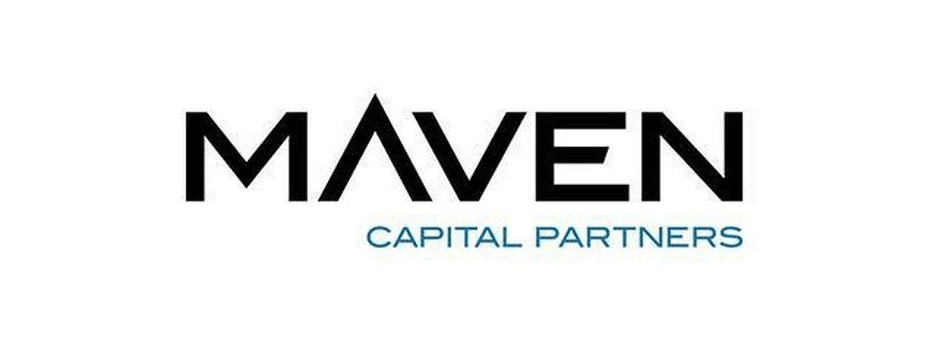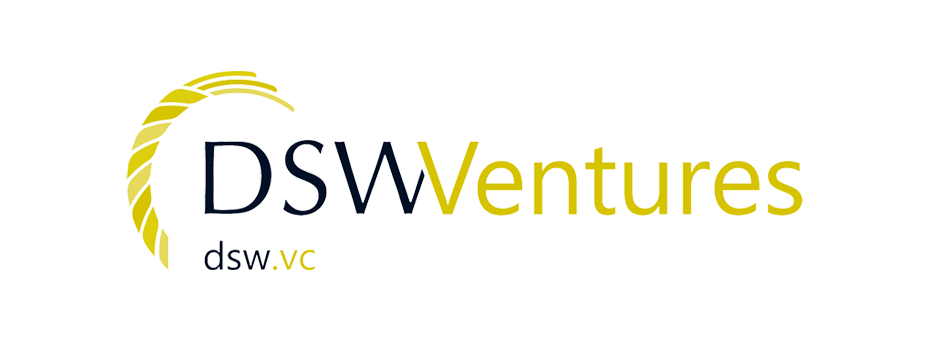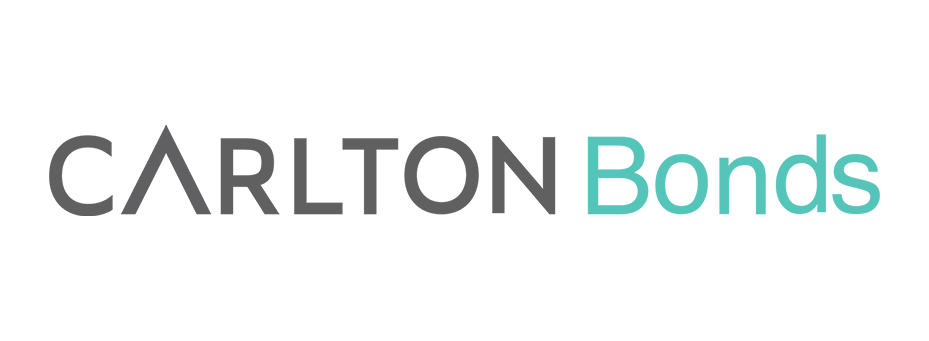How Much Does It Cost To Launch And Operate A Crowdfunding Platform?
Launching a white label crowdfunding platform can be one of the most powerful ways to connect projects and opportunities with eager and suitable investors - but it’s crucial to understand the full costs of operating such a platform.
While the software licence for your crowdfunding platform is often the first cost you’ll consider, it’s typically only part of the financial considerations.
With costs related to compliance, payment processing, marketing and more all needing to be accounted for, this piece provides an insight into some of the core expenses involved in running a successful crowdfunding platform, helping you to make smart budgeting decisions.
Platform Licence Cost: Your Technology Investment
At the core of your crowdfunding platform is the software itself. Whilst it’s a possibility to develop a platform from scratch, licensing a white label version is by far the most common option.
Providing you with a robust, flexible, and secure platform, you are given the ability to serve your users effectively and importantly, scale as your crowdfunding platform grows.
Typically, platform licensing costs are based on the complexity of features, user volume, and the degree of customisation you need. As such, the pricing can vary, but there’s almost always an option available to meet your specific requirements from both a feature and a budget perspective.
Importantly, although the upfront licensing cost may seem notable, investing in the right crowdfunding platform can offer a substantial return over time.
With the right software, you can benefit from aspects such as:
- Scalability: the ability to grow with demand, attracting more investors and projects.
- Compliance Tools: many platforms offer built-in compliance features, improving efficiencies and reducing costs in this area
- Best-In-Class User Experience: a well-thought through and streamlined user experience can help you attract and retain users, adding value far beyond the initial software investment.
A critical component to any crowdfunding venture, the software licence is very often the lowest-cost element with the highest return, as a quality platform lays a foundation that supports all other aspects of your operations.
The Necessary Costs Of Processing Payments
Handling funds between investors and projects is a core function of any crowdfunding platform.
On one hand you have investors wanting to invest, and on the other you have projects or opportunities raising capital. On the most basic of levels, you need to act as the conduit between the two, and from a financial perspective, this brings with it a raft of potential fees.
Before we get into this, it’s important to note there are numerous options that sit above the actual transaction fees, which need to be considered, and all of which have varying associated costs - for example, are you going to be operating a nominee structure to facilitate the processing of funds and holding the capital? If so, this brings with it a variety of fees related to regulation and compliance, for instance.
But if we just look at what most operators of crowdfunding platforms are going to be experiencing as a minimum - payment processing fees - these are the charges associated with each transaction (and critically, apply not just for investments, but fees and payouts, too).
Every payment processors fees are different (although similar), but whether you’re looking at household names such as Stripe or PayPal, or more specialist providers, you will generally be charged fees on a percentage of each transaction.
This could look like:
- Per Transaction Fees: these typically range from 1% to 3%, depending on the payment provider and geographic regions.
- International Fees: if you are working with international investors or projects, there may be additional charges for currency conversion and cross-border transactions.
- Compliance and Fraud Prevention Fees: payment processors often have built-in fraud protection, but this service may come at an extra cost (particularly if you’re operating in what may be deemed a high-risk jurisdiction).
Particularly in the early stages of an organisation’s crowdfunding operations, it can be difficult to be specific with budgets for payment processing fees - the difference between facilitating £5 million in investment and £15 million investment could be a difference of £300,000.
However, whether you raise £5 million or £15 million could realistically be out of your control and dependent on an array of factors such as the size of your investor network, your investors’ appetite and the projects that are put forward for investment.
With this in mind - and since crowdfunding generally involves high-volume, low-value transactions - payment fees can add up quickly and you need to be accommodating of them in your budgeting.
Whilst difficult at the start, it can become easier when you understand the volume of payments you process on average - and especially when you become in a position to negotiate better rates with your chosen payment processor based on volume.
Compliance and Regulatory Costs
Now having a crowdfunding platform in place is somewhat irrelevant if you aren’t directly focused on the compliance and regulatory elements. Without a clear understanding of, and abidance by, your jurisdictions regulations, your platform will not be able to launch or scale effectively.
And with such abiding by the regulations comes a number of associated costs.
Compliance varies depending on several factors, such as your jurisdiction and the requirements, but they generally include:
- AML/KYC Verification: Most jurisdictions require platforms to perform identity checks on investors and project owners. Many software providers offer integrations with KYC/AML solutions, which can cost on a per-check or subscription basis.
- Legal Counsel: A compliance lawyer or consultant is often needed to guide your platform through regulatory frameworks, and their services can be a recurring cost.
- Regulatory Reporting: Crowdfunding platforms are often required to submit reports to regulatory bodies, which can require additional software or human resources to complete.
Whilst compliance costs may feel burdensome, in many instances they are a non-negotiable option. Regulatory fines are severe, and the damage to your reputation can be irreparable.
But although they are non-negotiable and compliance and regulation in itself can require a significant amount of time, much of the time-related costs can be managed, and the processes streamlined and be more efficient, with the right crowdfunding software.
Sales and Marketing: Building Awareness and Driving Engagement
As with every other business, building, running and seeing success with a crowdfunding platform requires an active sales and marketing strategy.
The competition in the crowdfunding space can be intense, so investing in marketing can help differentiate your platform, and attract the right users and encourage your audience to truly engage.
Marketing costs can undoubtedly vary - widely so, too - and there are so many variables to consider. For this reason, it can often be best to assign a budget for your marketing spend based on what is realistic for you to afford once you understand just what’s required.
Take a look at some of the components you might want to consider as an example:
- Inbound marketing: this is an all-encompassing term, but you’ll be looking at a range of components including content marketing, email campaigns, Search Engine Optimisation (SEO), paid search (Google Ads), organic social activity, paid social activity and display advertising.
- Public Relations (PR): an important consideration from a range of perspectives, including brand and reputation, using the services of a suitable PR firm can be pivotal to building awareness of your platform, especially when launching. Furthermore, PR firms can branch into other areas and support, such as by providing ‘digital PR’ services that can prove beneficial to SEO.
- Sales team: whilst your crowdfunding platform may generate leads predominantly as a result of your inbound marketing efforts, utilising the services of a sales team (either in-house or outsourced) is often a point for consideration with your early growth in particular. This can be especially the case if you’re targeting a specific niche or type of investor, with a dedicated sales team able to proactively generate interest within your set criteria.
An ongoing investment, whilst your sales and marketing efforts can be one of the more variable costs, most agree it is essential for driving platform growth as simply put, strategic marketing that aligns with the unique strengths of your platform will deliver results.
Deal Flow Generation: Ensuring a Steady Pipeline of High-Quality Projects
For any crowdfunding platform to thrive, it needs sufficient supply on both sides - you need investors wanting to invest and opportunities, projects or deals for said investors to invest into.
Building the second part - deal flow - requires an array of aspects, including in-person networking, relationship-building, and often partnerships with trusted sources.
With marketing also a valuable aspect, that can focus very much on the same components as above and so if we focus on the areas areas, you’re likely going to want to consider the costs of:
- Sourcing Teams: you may require a team responsible for identifying and onboarding potential projects. This could involve scouting, due diligence, and quality assessments.
- Vetting Process: high-quality projects are essential to building trust with investors, so having a rigorous vetting process is crucial. This can often be built into your platform, making it effective and efficient.
- Legal & Compliance: depending on your process, and how far you progress with a deal, it could introduce some professional services costs that need to be accounted for. One of the most common examples here is with external due diligence that may be built into a legal agreement in relation to any proposed investment.
Your deal flow generation and processing costs are critical to the success of your platform as high-quality projects are critical to attracting and retaining investors. Having well-regarded, profitable projects on your platform increases credibility and gives you a strong foundation for growth.
Crowdfunding Platforms And The Potential Costs
As the above highlights, not only are there a significant number of budgetary elements to consider when launching and operating a crowdfunding platform, but there is wide scale as to what these costs are.
Depending on everything from your technological needs and jurisdiction requirements through to marketing capabilities and deal generating processes, costs are going to realistically enter the five-figure park as a minimum.
And whilst a robust, versatile software platform that offers scalability, compliance support, and an excellent user experience can provide the highest return on your investment, it's clearly just one cost to consider as part of your entire project.
Launching and operating crowdfunding software and all of the associated components can be rewarding in a variety of ways, but it undoubtedly requires a substantial amount of planning and preparation - and available capital - to see immediate and long-term, sustained success.















